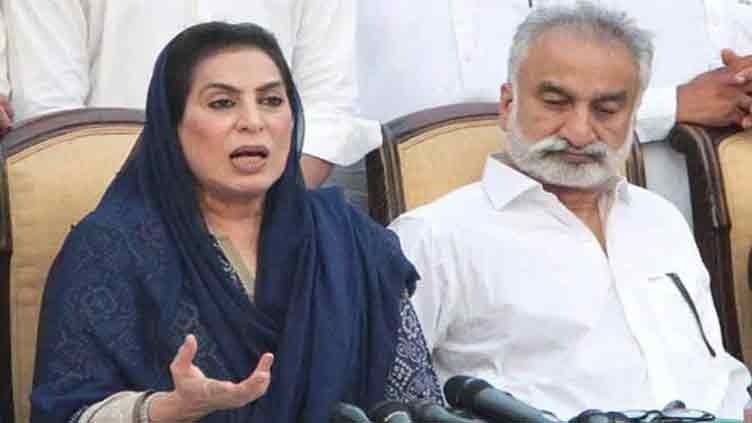The Sindh High Court (SHC) has granted the petition of Zulfiqar Mirza and Fehmida Mirza against the rejection of their nomination papers, allowing them to contest the upcoming elections. The court’s decision has been met with mixed reactions, with some arguing that the election laws have been made to restrain the entry of individuals involved in the plunder of national wealth, while others maintain that the petitioners have contested several elections despite outstanding loans against their company.
The Grand Democratic Alliance (GDA) candidates, Zulfiqar Mirza and Fehmida Mirza had petitioned the court against the rejection of their nomination papers. The court allowed them to contest the elections, stating that there was only one issue of liability before the court according to the Returning Officer’s decision. The Chief Justice further clarified that an individual is not responsible for the company’s liability. Complainant Saadia Javed’s lawyer, Hyder Waheed, argued that the court’s decision allowing Fehmida Mirza and Zulfiqar Mirza to contest elections will be challenged. He stated that if defaulters are allowed to contest elections, then these clauses should be expunged from the statute books.
Complainant Saadia Javed also expressed her disapproval of the court’s decision, stating that the court should not allow defaulters to contest elections. The Sindh High Court’s decision has sparked a debate on the role of the judiciary in the electoral process and the implications of allowing individuals with outstanding loans against their companies to contest elections. The case highlights the complexities of the electoral system and the need for a balanced approach to ensuring fair and transparent elections.


